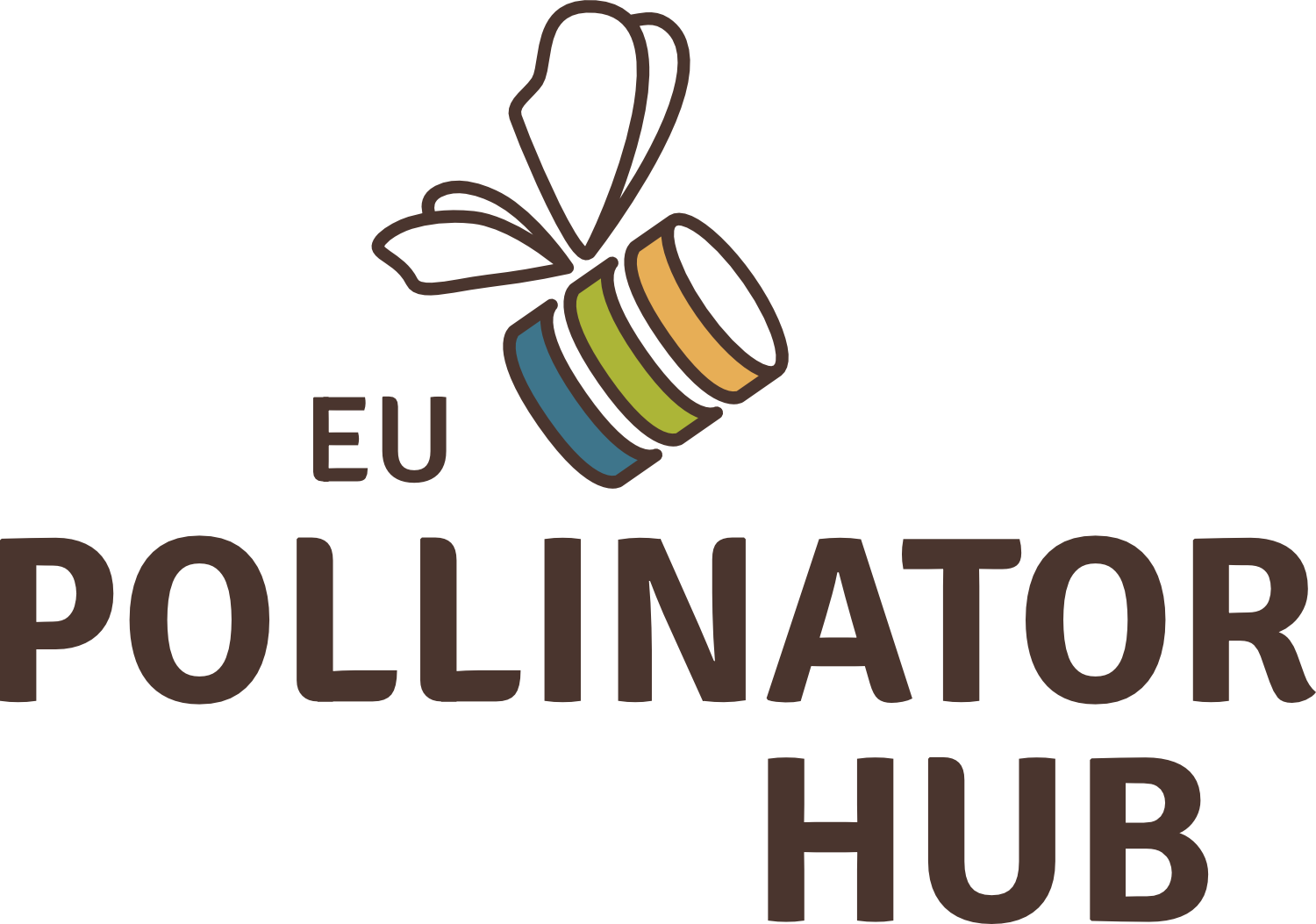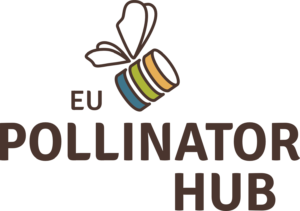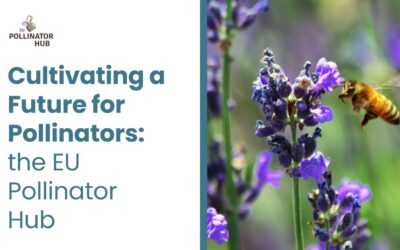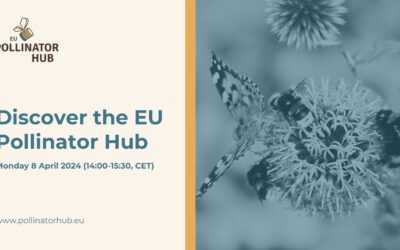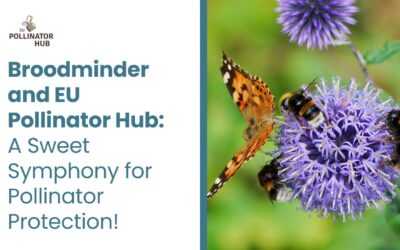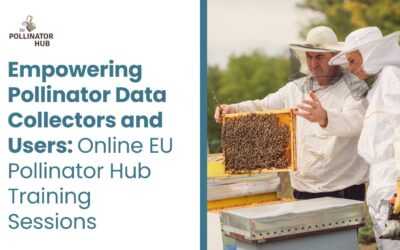Pollinators take centre stage in maintaining healthy ecosystems and sustainable agriculture. As we transform landscapes for the production of essentials—food, feed, fibres, and energy—the intricate dynamics between human activities and their impact on pollinators demand a thorough exploration through spatial and temporal analysis.
This exploration draws heavily from the insights shared in Chapter 15 of “Protecting natural capital and biodiversity in the agri-food sector,” edited by Dr. Jill Atkins. The chapter, titled “Using data to assess the impact of agriculture on pollinators and pollinator services,” is a collaborative effort by Walter Haefeker, former President of the European Beekeepers’ Association in Germany, and Noa Simon Delso, Scientific Director of BeeLife.
Navigating Regulations: A Glimpse into Pollinator Safeguarding
Pollinators have not only captured the interest of conservationists and farmers but have also secured a place in European Union regulations. Directives like the Pesticide Regulation (Regulation (EU) 1107/2009) and the Habitats Directive (Council Directive 92/43/EEC) underscore the need to protect essential species, shining a spotlight on the well-documented honeybee (Apis mellifera). However, this focus, while critical, leaves a data void concerning the broader spectrum of pollinator species.
Efforts to bridge this gap include the latest European Food Safety Authority (EFSA) Guidance, extending the risk assessment to encompass other bee species. Yet, the wealth of data on honeybees doesn’t necessarily reflect the significance of various pollinator species in the intricate dance of nature.
Standardisation: Bridging the Gap for Collective Efforts
Before tapping into the potential of diverse data sources, navigating the maze of standardisation becomes imperative. Even with a willingness to share data, the technical intricacies associated with raw data files can be daunting. Overcoming these challenges is not just about facilitating data analysis but also nurturing trust among stakeholders.
- Standardisation in Farming
- Standardisation in Beekeeping
- Standardisation in Ecology
The allure of the “Big Data” toolkit to transform existing data into actionable insights remains largely untapped, hindered by both the absence of standardisation and a hesitancy to share data. Overcoming these challenges involves creating a secure environment for data owners, addressing concerns related to control, ownership, privacy, and accountability.
Sharing Insights: Navigating Challenges with Ingenuity
Several hurdles must be cleared to encourage data sharing, from revising policies to implementing anonymisation techniques. The farming and beekeeping sectors face robust disincentives against sharing data, necessitating not just policy changes but also innovative technological solutions.
Researchers, too, grapple with challenges in embracing open data approaches. While some fields, notably ecology, are more amenable to data sharing, others resist due to a business model anchored in publishing data for credibility and funding. Overcoming this reluctance involves devising systems that recognise and reward researchers for sharing data, diminishing the prevalence of orphan data left unused.
Centralising Wisdom: A Glimpse into the Future of Data Collaboration
A promising solution emerges in centralising pollinator-related data through dedicated platforms, repositories, or scientific journals. Initiatives like the Journal for Bee Data Standardisation offer a space for researchers, field operators, and industry stakeholders to publish datasets that might otherwise remain unanalysed or unpublished. Standardised licences, such as Creative Commons, provide a framework for addressing copyright concerns, ensuring data owners retain control over their work while allowing for responsible sharing.
As we navigate the intricate landscape of data, standardisation, and collaboration, it becomes evident that unveiling the potential hidden in diverse datasets is not merely a scientific pursuit but a crucial step toward sustainable agriculture and the preservation of pollinator populations. The journey may be challenging, but the promise of a harmonious coexistence between agriculture and nature makes it a pursuit well worth undertaking.
